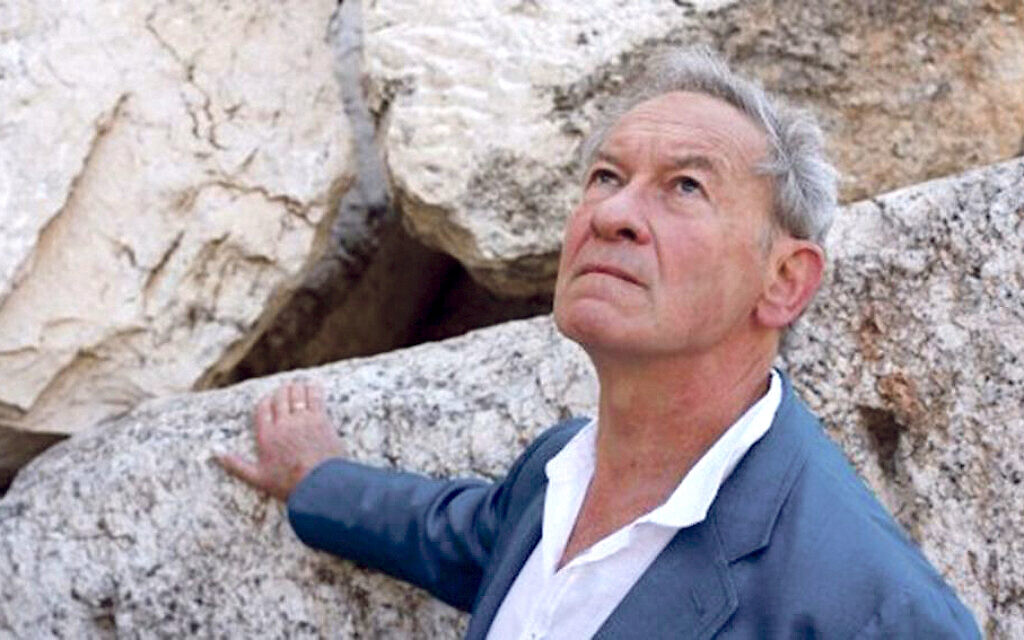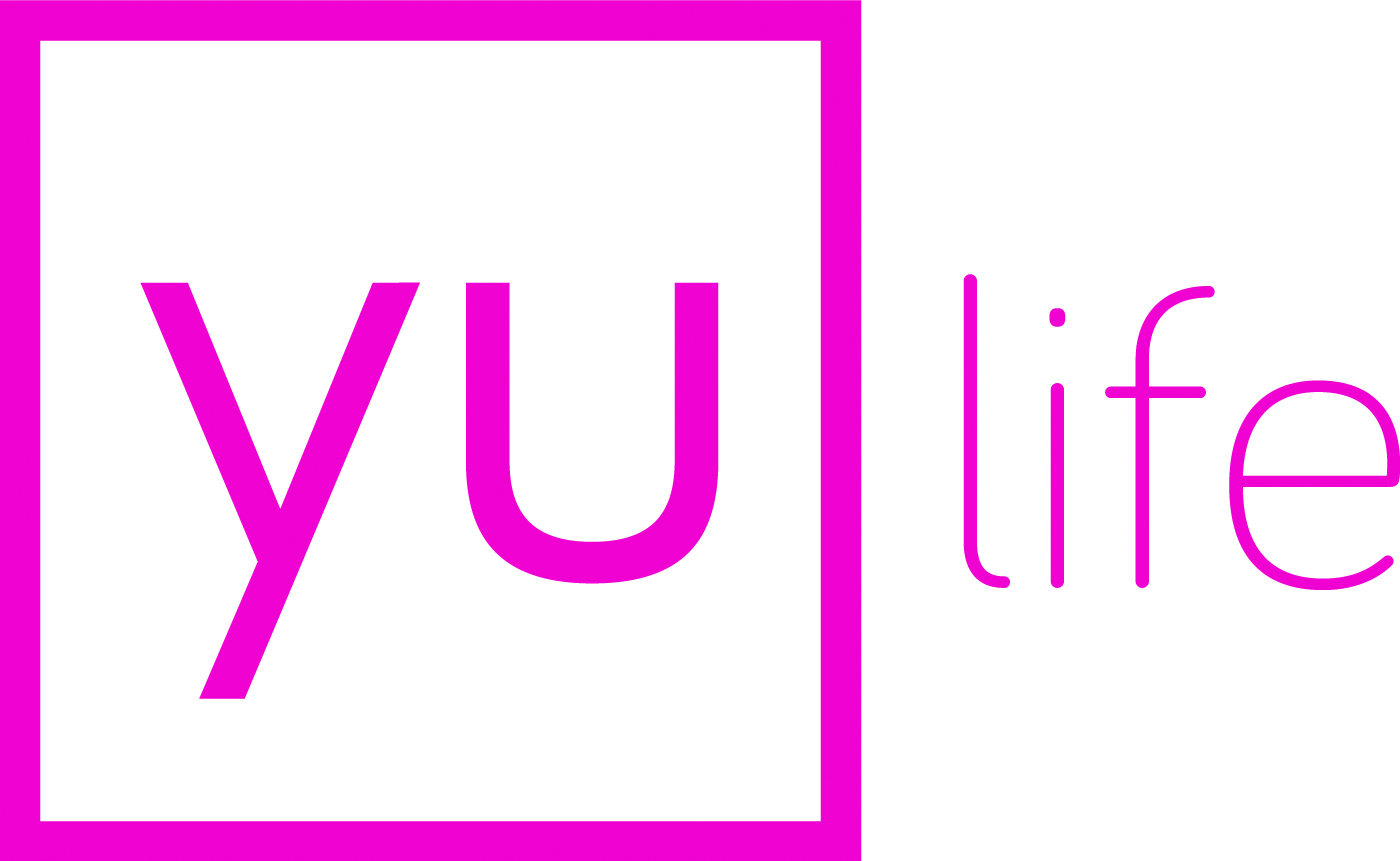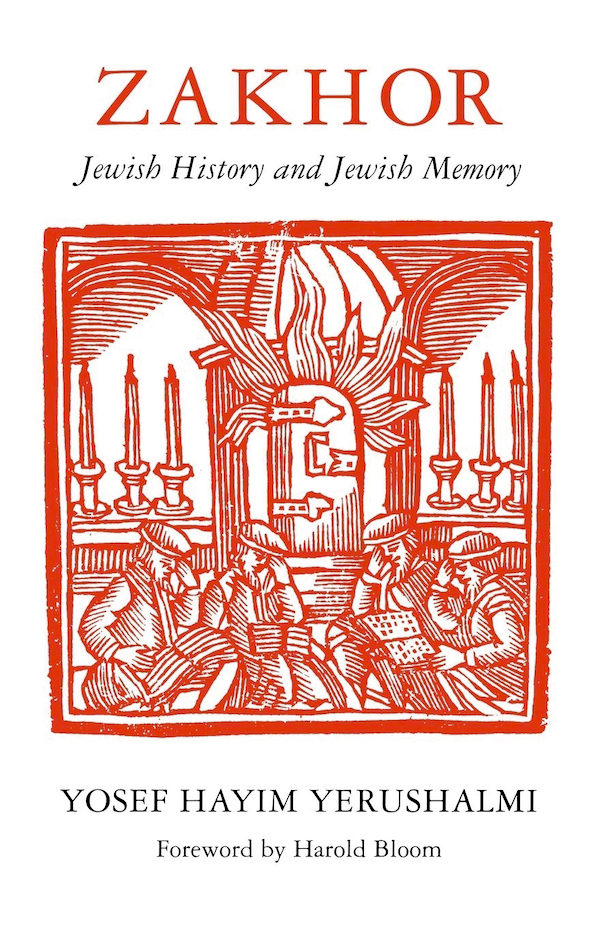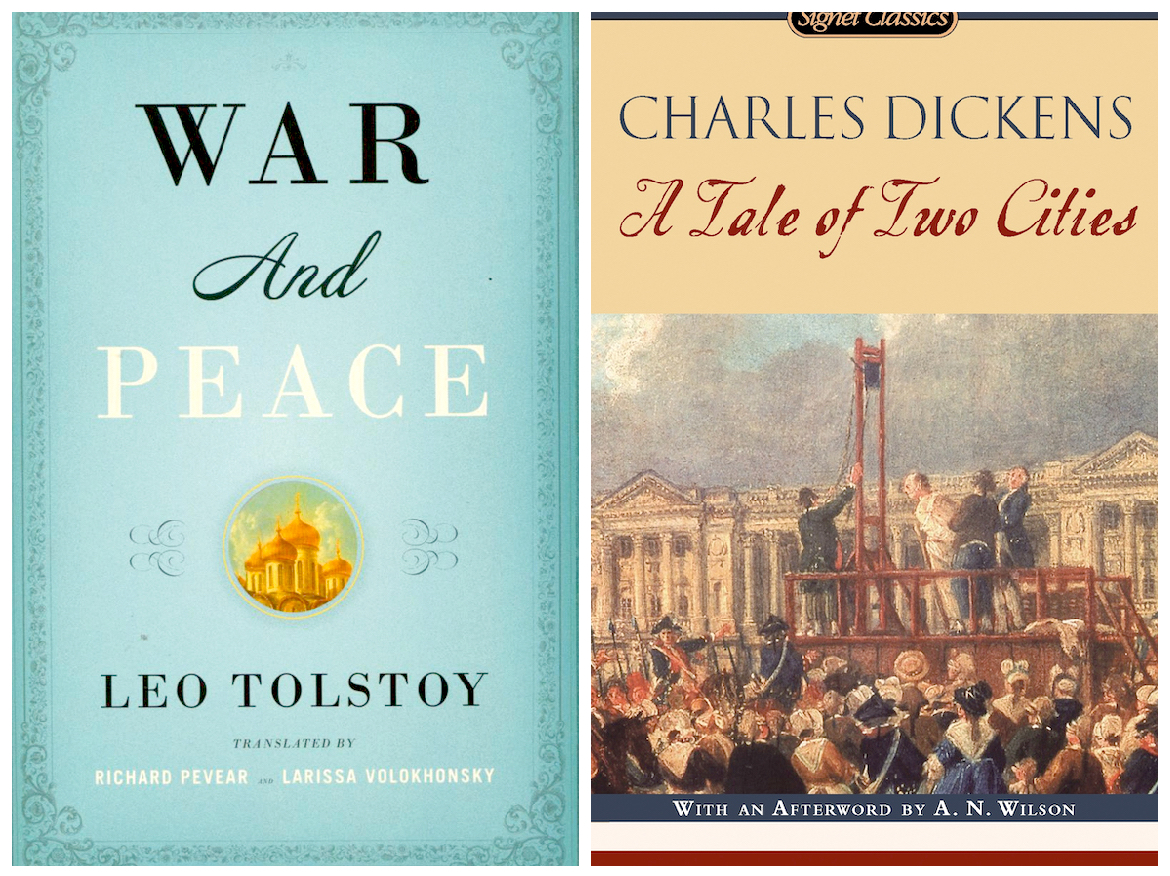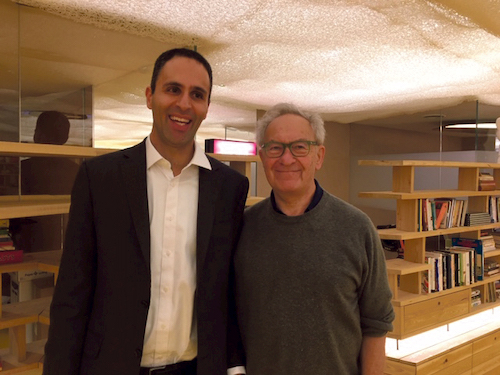Sir Simon Schama – the books that have shaped my life
In the latest episode of Desert Island Books, Zaki Cooper speaks to the acclaimed historian, writer and broadcaster about his favourite page turners
In the latest in our series of podcasts with Jewish people who are changing the world, Zaki Cooper talks to celebrated historian, writer and broadcaster Sir Simon Schama about his life, career and books that inspire him
Sir Simon Schama is a historian and public intellectual. He is perhaps best known for his BBC series, A History of Britain, and, more recently, The Story of the Jews.
He is University Professor of Art History and History at Columbia University, New York and was knighted in the 2018 Queen’s Birthday Honours List.
Get The Jewish News Daily Edition by email and never miss our top stories Free Sign Up
How did your BBC series, The Story of the Jews, happen?
A BBC producer who I had known while making a series on art history phoned me up and said: ‘I know what you should be doing next. Let’s have coffee and talk about it.’
When we did meet, I said: ‘I know what you’re going to say.” And I said: ‘I’ve got to go for it.’ It was a teshuva in lots of ways, a return. The mighty book project, with part three coming up, came about through that non-Jewish television producer.
Did the experience of making it and writing the books strengthen your Jewish identity?
Yes, for sure, it did. I knew about Maimonides and Yehuda Halevi’s poetry but I had very crude, slightly superficial knowledge of the great trials of the Talmud and many aspects of medieval Jewish history.
With the TV series, I thought I have to make this for people who are not Jewish. All Jewish history means to non-Jews is the Holocaust and the Israeli-Palestinian conflict. No one will ever get what Israel means and what it means profoundly to be a Jew now unless they know the long history.
Listen to a clip of the Desert Island Books podcast episode with Sir Simon Schama, here:
It brings us to your first selection, Yosef Yerushalmi’s Zakhor. Why select this book?
I knew Yosef at Harvard and he was a colleague of mine at Columbia [University] and I loved him. He was a beautiful writer. He showed, deep profound scholarship could actually be beautiful writing. More important than that, it crystallised a deep paradox.
We think of the Bible as a kind of history, but after the destruction of the Temple in Jerusalem when the Tanach was closed, the rest would be apocryphal.
When we have the seder service, it’s all about our obligation to remember. But it’s not history, it’s remembering.
The Jewish instinct to write analytical history is at odds with what we do every Pesach or when we read ritually from the Torah.
In some ways, Judaism is saturated in history, but only up to a point.
The book is about that, but a religious requirement to remember where we came from.
As well as Jewish history, you have done so much in art and British history. Tell us about your new BBC2 series, The Romantic Revolution?
I taught a lot of art history at Harvard and Columbia. We are talking music and poetry, as well as painting. A lot of what they did dies in the 19th century. Blake is largely forgotten, for example, until he is picked up in the 20th century. The romantics were interested in the subconscious, the way the mind looks at itself. They were interested in dreams, nightmares and sometimes madness. They could be seen again as incredibly fresh.
Listen to a clip of the Desert Island Books podcast episode with Sir Simon Schama, here:
Two of the books you selected are Charles Dickens’ A Tale of Two Cities and Leo Tolstoy’s War and Peace, both written in the 19th century. Why did you select them?
My father used to read Dickens out loud to my sister and I at tea on Sundays. He was a great lover of British literature. Being British and being Jewish were not only an easy marriage of identities but an obligatory one.
I came to A Tale of Two Cities. Tolstoy and Dickens were both great historical researchers.
Dickens was helped by the historian Thomas Carlyle. Tolstoy did his own historical deep research in the archives and served as a soldier in some of the Balkan wars. War and Peace, I think, is the greatest novel ever written. I have read it eight times and I find different things in it every time.
You have visited Israel many times over the years, and selected a book by one of its best-known novelists, Amos Oz’s A Tale of Love and Darkness. What did you like about that book?
He’s a great novelist. His father was a scholarly librarian at the Hebrew University and his great- uncle Jakob Klausner was a terrifying Talmudic scholar.
Amos describes visiting his great-uncle, drowning in an ocean of books. The touch and smell of the books, the sensuousness of the paper, the ink and the binding. It’s very tragic. His mother commits suicide. He was an only child and felt his mother had betrayed him. He leaves for a life in the kibbbutz and names himself ‘Oz’, strength.
He starts writing this very hard Ivrit, which he imagines when he remakes himself as a Jew. As his life goes on, he is drawn back to that childhood and growing up. The memoir, in the end, is his masterpiece.
You have selected Saul Bellow’s Herzog, which was written in 1964. What is it about this book that appeals?
Bellow had a way of writing on the verge of craziness. It begins with a most wonderful opening sentence, something like – “if I am going mad, then it’s alright with me”. Moses Herzog is a writer and he’s a moored in a disastrous ex-marriage, a slightly scary, very glamorous mistress and he has a hopeless life that has not quite come to an end. It’s the most exhilarating hyperbolic kvetch for many hundreds of pages, but it’s full of joy and very sensuous, glorious liberated writing.
You are a writer of many books. Are you someone who has lots of books at home?
You haven’t seen my study! I don’t do very well with e-books. As Amos Oz describes, the actual physical experience of turning a paper page is very important. I am just exploding with books. The art history side of me means they are often physically very large books. I am at the stage, if a Jew can ever be a Franciscan, of giving lots away.
Listen to the full Desert Island Books podcast episode with Sir Simon Schama, here:

Thank you for helping to make Jewish News the leading source of news and opinion for the UK Jewish community. Today we're asking for your invaluable help to continue putting our community first in everything we do.
For as little as £5 a month you can help sustain the vital work we do in celebrating and standing up for Jewish life in Britain.
Jewish News holds our community together and keeps us connected. Like a synagogue, it’s where people turn to feel part of something bigger. It also proudly shows the rest of Britain the vibrancy and rich culture of modern Jewish life.
You can make a quick and easy one-off or monthly contribution of £5, £10, £20 or any other sum you’re comfortable with.
100% of your donation will help us continue celebrating our community, in all its dynamic diversity...
Engaging
Being a community platform means so much more than producing a newspaper and website. One of our proudest roles is media partnering with our invaluable charities to amplify the outstanding work they do to help us all.
Celebrating
There’s no shortage of oys in the world but Jewish News takes every opportunity to celebrate the joys too, through projects like Night of Heroes, 40 Under 40 and other compelling countdowns that make the community kvell with pride.
Pioneering
In the first collaboration between media outlets from different faiths, Jewish News worked with British Muslim TV and Church Times to produce a list of young activists leading the way on interfaith understanding.
Campaigning
Royal Mail issued a stamp honouring Holocaust hero Sir Nicholas Winton after a Jewish News campaign attracted more than 100,000 backers. Jewish Newsalso produces special editions of the paper highlighting pressing issues including mental health and Holocaust remembrance.
Easy access
In an age when news is readily accessible, Jewish News provides high-quality content free online and offline, removing any financial barriers to connecting people.
Voice of our community to wider society
The Jewish News team regularly appears on TV, radio and on the pages of the national press to comment on stories about the Jewish community. Easy access to the paper on the streets of London also means Jewish News provides an invaluable window into the community for the country at large.
We hope you agree all this is worth preserving.
-
By Laurent Vaughan - Senior Associate (Bishop & Sewell Solicitors)
-
By Laurent Vaughan - Senior Associate (Bishop & Sewell Solicitors)
-
By Laurent Vaughan - Senior Associate (Bishop & Sewell Solicitors)
-
By Laurent Vaughan - Senior Associate (Bishop & Sewell Solicitors)


